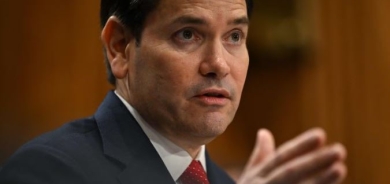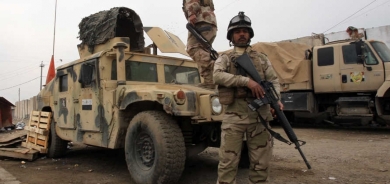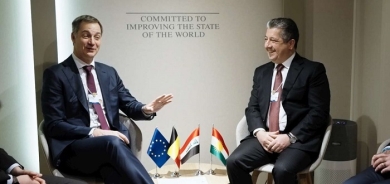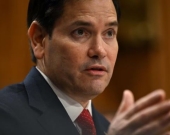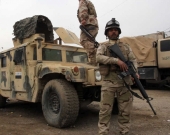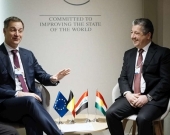Tensions Rise in Kirkuk's Palkana Village Over Land Disputes

In the contentious region of Kirkuk province, specifically in Palkana village, escalating tensions between non-indigenous Arabs and Kurdish farmers have reached a critical point, highlighting broader disputes over land ownership and access. The situation has prompted urgent appeals from Kurdish authorities for government intervention to protect local farmers' rights.
Iraqi Deputy Speaker of Parliament Shakhawan Abdullah addressed the pressing issue in a statement issued on Saturday. He outlined efforts to resolve the conflict, revealing plans to remove non-indigenous Arab encampments obstructing Kurdish farmers from harvesting their crops. These encampments, reportedly erected without permission, have become a flashpoint for clashes and grievances.
Abdullah's intervention followed discussions in the Iraqi Parliament aimed at addressing longstanding concerns related to farming regulations in disputed territories, particularly those inherited from the Baath regime. These deliberations underscore the complexities of historical land disputes intertwined with contemporary governance challenges.
Despite efforts to rectify the situation, Kurdish authorities continue to express alarm over what they deem as government inaction and an encroachment on Kurdish farmers' livelihoods. The Kurdistani Areas Outside the Region Board condemned the violations against local farmers, urging the Iraqi government to swiftly intervene and uphold the rights of Kurdish landowners.
The recent escalation in Palkana village reflects broader regional tensions, with fears mounting over the potential for violence and instability. Kurdish political factions are intensifying efforts to safeguard the interests of their constituents in the disputed areas, underscoring the deep-seated divisions that persist in Iraq's complex ethnic landscape.
As Kurdish farmers anxiously await the removal of encroachments and the restoration of their farming activities, the situation in Palkana serves as a stark reminder of the unresolved land disputes that continue to shape Iraq's political and social dynamics. The coming days will be critical as authorities navigate delicate negotiations to address the root causes of this longstanding conflict.


